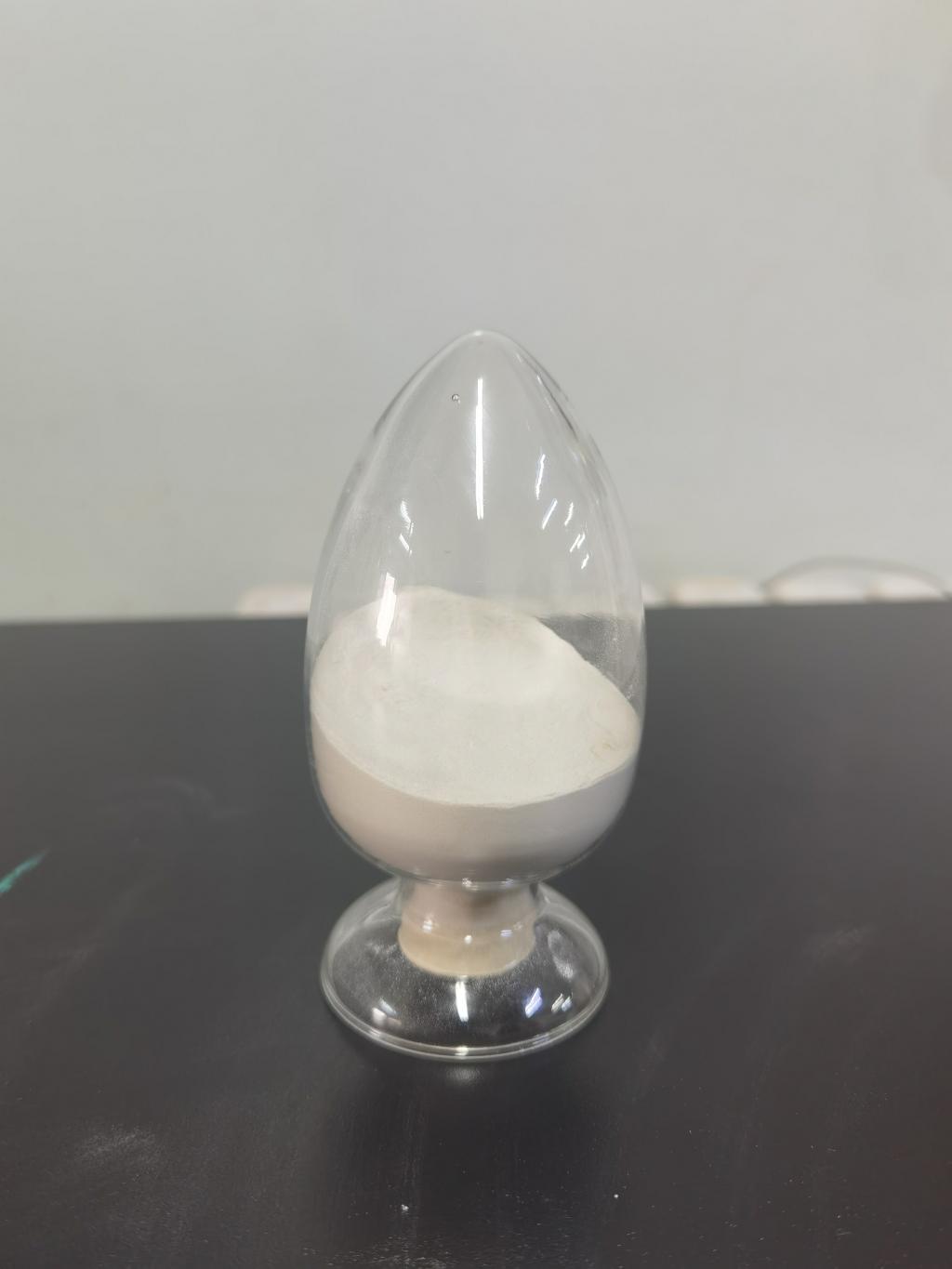Tel:+8618231198596

News
 CONTACT
CONTACT
 CONTACT
CONTACT
- Linkman:Linda Yao
- Tel: +8618231198596
- Email:linda.yao@dcpharma.cn
- Linkman:CHARLES.WANG
- Department:Overseas
- Tel: 0086 0311-85537378 0086 0311-85539701
News
Current Position:
Home >
News
>The integration of nisin into smart packaging solutions could enhance food safety.
The integration of nisin into smart packaging solutions could enhance food safety.
TIME:2024-09-11
The Promise of Nisin
Nisin, produced by the bacterium Lactococcus lactis, is a peptide antibiotic known for its ability to inhibit the growth of a wide range of foodborne pathogens, particularly Gram-positive bacteria such as Listeria monocytogenes and Clostridium botulinum. Its natural origin and safety profile make it a preferred choice for food preservation, as it aligns with consumer preferences for clean-label products.
Smart Packaging: A New Frontier
Smart packaging refers to advanced packaging technologies that incorporate interactive or intelligent elements designed to monitor and maintain the condition of packaged foods. These systems can detect changes in the environment, such as temperature, humidity, and gas composition, and respond accordingly to preserve the quality and safety of the food.
Combining Nisin with Smart Packaging
The integration of nisin into smart packaging solutions represents a novel approach to food preservation. By embedding nisin within the packaging material or incorporating it into active packaging films, the antimicrobial properties of nisin can be continuously released in response to detected microbial activity. This ensures that the concentration of nisin remains at an optimal level to inhibit pathogen growth, thereby extending the shelf life of the food product.
Advantages of Nisin-Enhanced Smart Packaging
Enhanced Food Safety: The real-time monitoring aspect of smart packaging can alert consumers and retailers when the food might be at risk of spoilage or contamination. Coupled with the antimicrobial activity of nisin, this technology can significantly reduce the incidence of foodborne illnesses by preventing the proliferation of harmful bacteria.
Extended Shelf Life: By maintaining a controlled environment within the packaging and continuously releasing nisin as needed, the rate of food spoilage can be dramatically slowed. This extended shelf life not only benefits consumers by providing fresher products but also reduces waste throughout the supply chain.
Consumer Trust and Convenience: Products packaged with nisin-enhanced smart packaging can carry clear indicators of freshness and safety, building trust among consumers who are increasingly concerned about the quality and safety of their food. Moreover, the convenience of having a system that actively maintains food quality can lead to better meal planning and reduced food waste at home.
Challenges and Future Directions
While the concept of nisin-integrated smart packaging is promising, there are several challenges that need to be addressed. Ensuring the stability and controlled release of nisin within the packaging material requires careful formulation and testing. Additionally, the cost-effectiveness of producing and implementing these advanced packaging solutions needs to be considered for widespread adoption.
Future research should focus on developing efficient methods for the incorporation of nisin into packaging materials, optimizing the release kinetics of nisin to match the specific needs of different food products, and exploring the long-term stability of nisin in various environmental conditions.
Conclusion
The integration of nisin into smart packaging solutions represents a significant step forward in the quest for safer and longer-lasting food products. By harnessing the natural preservative properties of nisin and the advanced monitoring capabilities of smart packaging, the food industry can enhance food safety, extend shelf life, and meet the evolving expectations of health-conscious consumers. As technology advances and consumer awareness grows, the application of nisin in smart packaging is poised to become a standard practice, contributing to a more sustainable and secure food supply chain.
- Tel:+8618231198596
- Whatsapp:18231198596
- Chat With Skype







